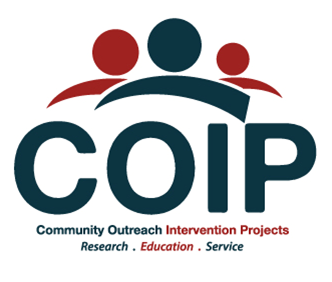AbbVie funds UIC’s COVID-19 community outreach project

Thanks to funding from AbbVie, the Community Outreach Intervention Projects, or COIP, will hire staff members to promote COVID-19 education and prevention awareness in high-risk neighborhoods in Chicago.
COIP is a program of the University of Illinois at Chicago School of Public Health that was developed to promote community-based interventions to prevent the spread of infectious diseases that are commonly associated with substance abuse — such as those that are spread through the use of intravenous syringes.
During the COVID-19 pandemic, COIP experts have been using their intervention model to help combat the spread of the SARS-CoV-2 virus, which causes COVID-19.
“This funding will help us to hire more staff and reach high-risk individuals in communities that are experiencing disproportionate rates of COVID-19 infection and death,” COIP director Antonio Jimenez said.
As a key part of its outreach strategies, COIP employs people from the communities it serves to deliver services.
“We will be sending people out into a number of neighborhoods to talk with community members about COVID-19, how it spreads and when and where to seek help if they need it or are worried about their health,” Jimenez said. “We will hand out masks, promote social distancing and provide referrals to centers that can evaluate, test or treat patients for COVID-19.”
The funding from Abbvie will be used to increase outreach activities in Austin, Uptown, West Englewood and other surrounding areas.
“The COVID-19 pandemic has had a devastating effect on black and Latino communities in Chicago. Trusted organizations are needed now more than ever to provide factual information and resources to the community,” said Dr. Wayne Giles, dean of the UIC School of Public Health. “With these funds from Abbvie, COIP will be able to reach many more individuals on the West and South Sides of Chicago. Through these efforts, we will be able to have a real impact on the health and well-being of Chicagoans in vulnerable communities.”
Categories
Topics
COIP, community health, community outreach, coronavirus, COVID-19, School of Public Health
